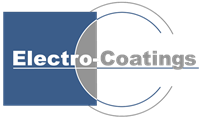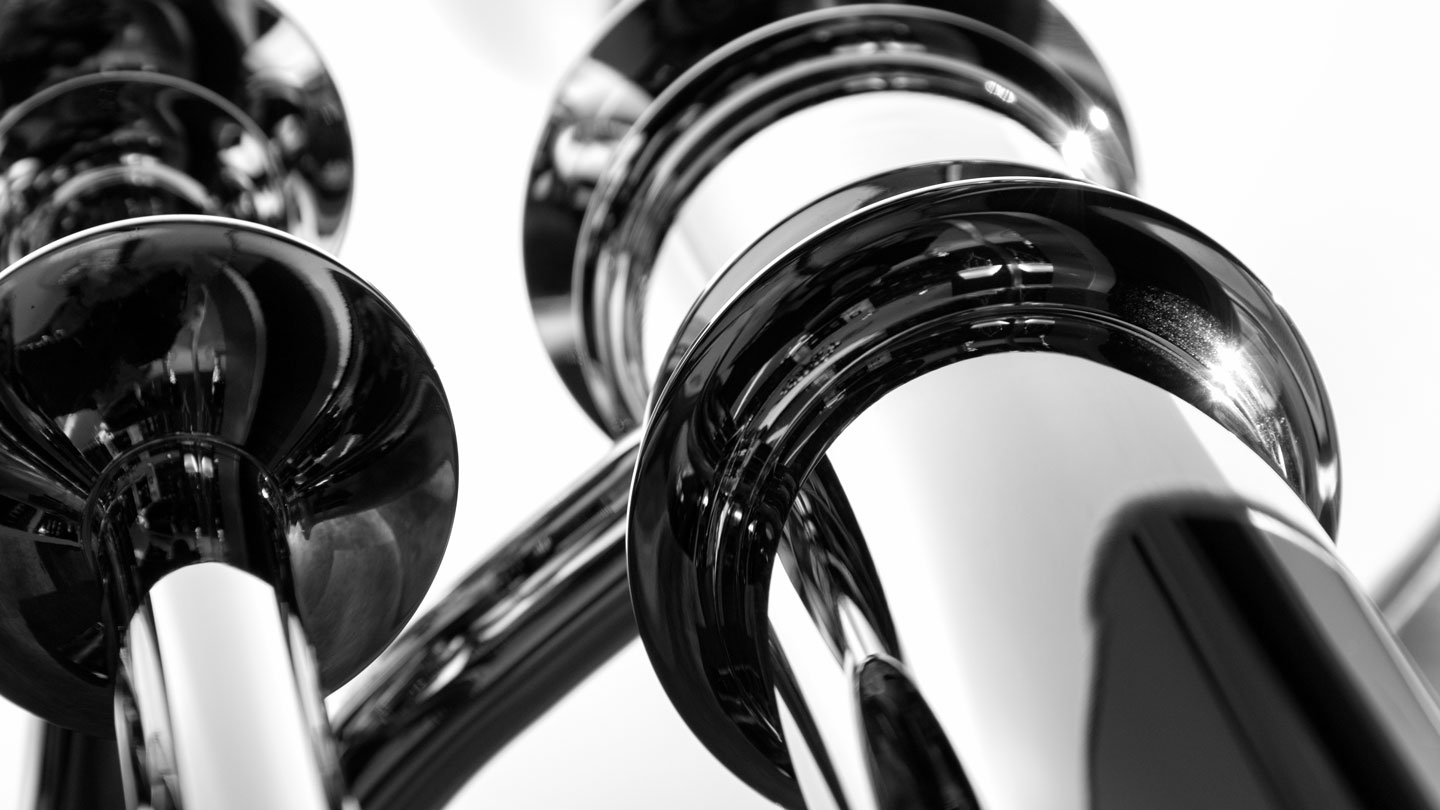Corrosion Resistance of Industrial Hard Chrome Plating
Chromium is a hard, brittle, tensile-stressed metal that has good corrosion resistance to most materials. As it builds in thickness it develops a pattern of tiny cracks because the stresses become greater than the strength of the coating. These cracks form a pattern which Interlaces and sometimes extends to the base metal. A corrosive liquid or gas could penetrate to the base metal. This can be prevented in three ways. A nickel undercoat can be applied to provide a corrosion resisting barrier; the chrome plating can be applied to maximum thickness; or a thin, dense chrome can be substituted.
The following table is a general indication of the resistance to chromium to various corrosive agents. The corrosive resistance of chromium in actual use is affected by operating factors, such as temperature. concentration, areation and the-presence of small amounts of other constituents in the corrosive medium so that the data in this table must be considered only as an approximation. For critical conditions it may be preferable to conduct tests in the actual solution in use and under the actual operating conditions.
Corrosion Resistance of Hard Chrome
- "C" indicates behavior at approximately 55° F.
- ''H" Indicates behavior at approximately 135 °F.
- Except where otherwise noted results are given tor 10% solutions of the chemical in water.
| Chemical | Excellent | Moderate | Poor |
| Acid Acetic | C | H | |
| Acid Benzoic Sat. | CH | ||
| Acid Butyric | CH | ||
| Acid Chromic | CH | ||
| Acid Citric | C | H | |
| Acid Hydrobromic | C | H | |
| Acid Hydrochloric | CH | ||
| Acid Hydrofluoric | CH | ||
| Acid Hydroiodic | C | H | |
| Acid Lactic | C | H | |
| Acid Nitric | C | H | |
| Acid Nitric 100% | CH | ||
| Acid Oleic 100 % | CH | ||
| Acid Oxalic | CH | ||
| Acid Palmitic 100% | CH | ||
| Acid Phosphoric c.p. | C | H | |
| Acid Phosphoric c.p. | C | H | |
| 85% Acid Phosphoric crude | C | H | |
| Acid Picric | CH | ||
| Acid Salicylic sat. | CH | ||
| Acid Stearic 100% | CH | ||
| Acid Sulfuric | C | H | |
| Acid Sulfuric 100% | CH | ||
| Acid Tartaric | C | H | |
| Aluminum Chloride | C | H | |
| Aluminum Sulfate | C | H | |
| Ammonia | CH | ||
| Ammonium Chloride | C | H | |
| Atmosphere | CH | ||
| Barium Chloride | CH | ||
| Beer | CH | ||
| Benzyl Chloride Sat. | CH | ||
| Benzyl Chloride 100% | CH | ||
| Brass, molten | H | ||
| Calcium Chloride | CH | ||
| Carbon Dioxide | CH | ||
| Carbon Disulfide Sat. | CH | ||
| Carbon Tetrachloride Sat. | CH | ||
| Carbon Tetrachloride 100% | CH | ||
| Chloride of Lime | C | H | |
| Chlorine, dry | C | ||
| Chloride, moist | C | ||
| Chlorobenzene sat. & 100% | CH | ||
| Chloroform sat. & 100% | CH | ||
| Copper Chloride | C | H | |
| Copper Sulfate | CH | ||
| Ferric Chloride | C | H | |
| Ferrous Chloride | C | H | |
| Glue | CH | ||
| Hydrogen Sulfide 100% | CH | ||
| Magnesium Chloride | CH | ||
| Mercuric Chloride | CH | ||
| Petroleum crude | CH | ||
| Phenol | CH | ||
| Printing Ink | C | ||
| Sodium Carbonate | CH | ||
| Sodium Chloride | CH | ||
| Sodium Hydroxide | CH | ||
| Sodium Sulfate | C | H | |
| Stannous Chloride | C | H | |
| Sulfur 100% | CH | ||
| Sulfur Dioxide 100% | CH | ||
| Sugar | CH | ||
| Tin, molten 100% | H | ||
| Zinc, molten 100% | H | ||
| Zinc Chloride | C | H | |
| Zinc Sulfate | C | H | |
Properties and Benefits of Industrial Hard Chrome Plating
- Wear & abrasion resistance
- Lubricity
- Hardness
- Durability
- Adhesion & bonding
- Low coefficient of friction in metal parts
- Prevents seizing & galling
- Restores the dimensions of undersized parts
- Extends equipment in-service life, reducing costly downtime
The data and Information presented are based on our experience to date. The material is intended as a guide for use at your discretion. ACME Holdings or its operating divisions assume no liability in connection with this material.

